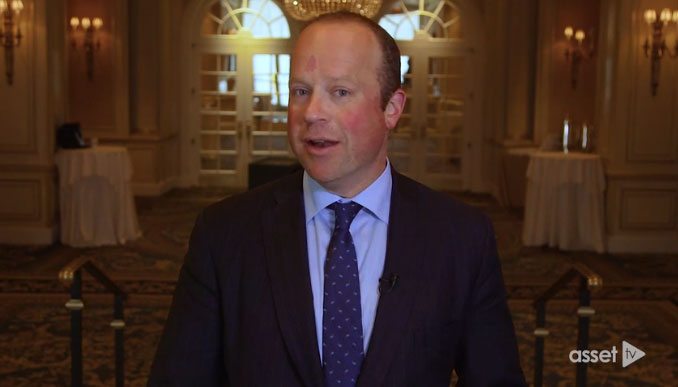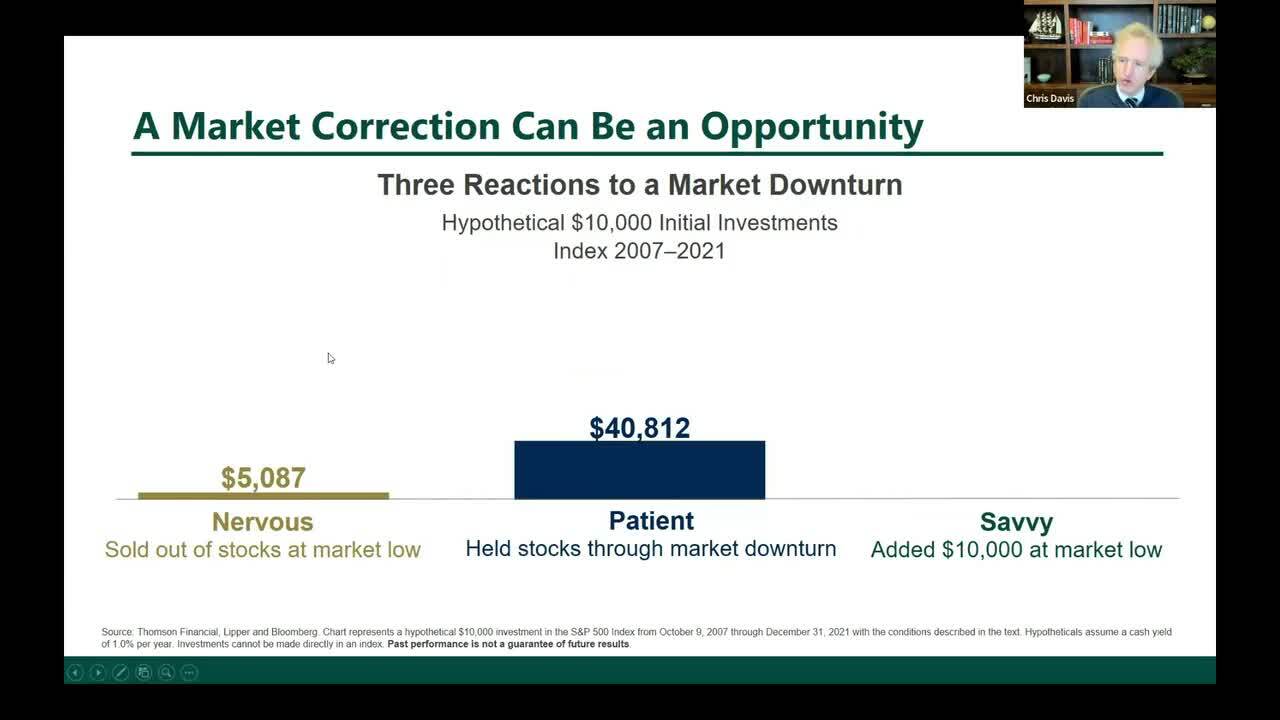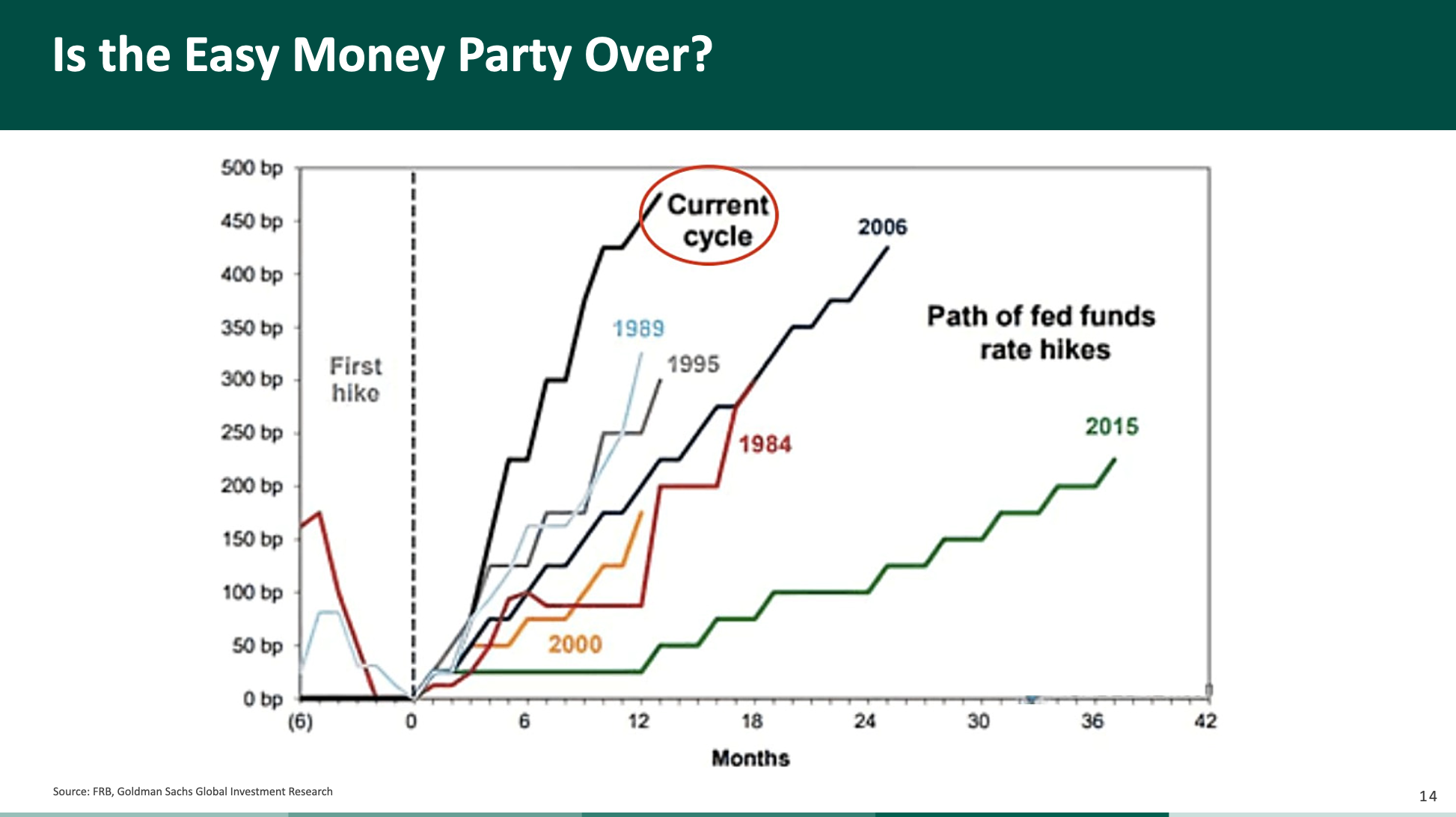“Financials” are often mistakenly lumped together, despite their wildly differed risk and opportunity profiles. The best are being rewarded by investors, but remain undervalued
Transcript
Chris Davis:
Well, investing in financials really is the story of the art of the specific. Investing in financials requires enormous selectivity. So we're proud of the returns of the companies we own and it doesn't surprise us that they've outperformed the averages as a whole. Certainly there is commercial real estate risk in financials. We don't think it is in any meaningful way in the financials that we own because that is something that we worry about. We think there are companies that have taken enormous interest rate risk. Now with rates coming down that mitigates that risk some, but they have leveraged a lot of future earnings by taking a lot of interest rate risk that was unnecessary. You didn't see that at JP Morgan, you didn't see it at Capital One, you didn't see it at Wells Fargo, Bank of New York. That's because we try to screen that out.
I would say it's a dangerous time to throw a dart at financials, and that has been true over the last several years. The dispersion between the performance of the companies that we own, and the performance of the, especially things like the regional bank index, have been enormous. I think that the revaluation of the durable, high quality financials that we own, we could be in the early innings of that because what they're showing is just what we've been saying for years, that they are resilient, they're durable, they're lower risk than people perceive, and yet they're lumped into this category, and that differentiation is the opportunity that we're positioned for.
Danton Goei:
One of the real advantages of value investing and paying attention to valuations is even after you have a strong period, there's still a lot of opportunity. Something like Capital One moving from 0.7 to 0.91 times book, that's a big move, the stock's up over 40%, but it's still very cheap, right? That is one of the real advantages of this lower risk but still taking advantage of these growth opportunities, is that you're poised for the future right now.
More Videos

Key Considerations When Placing ETF Trades

The Incredible Value Advisors Can Add During Volatile Markets


